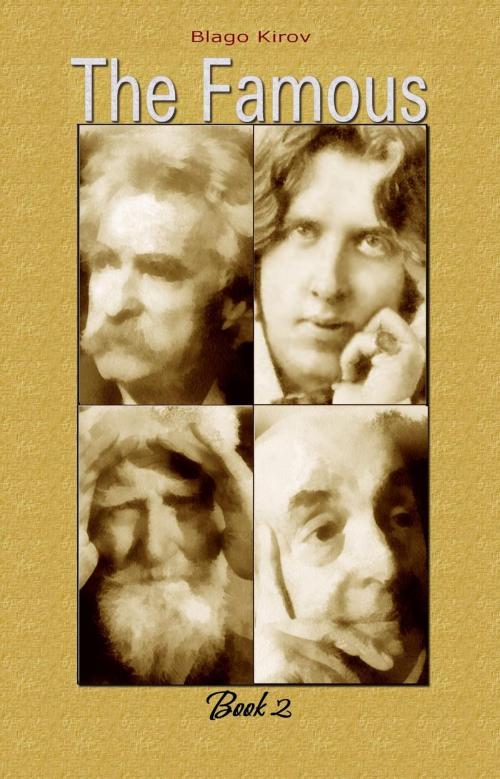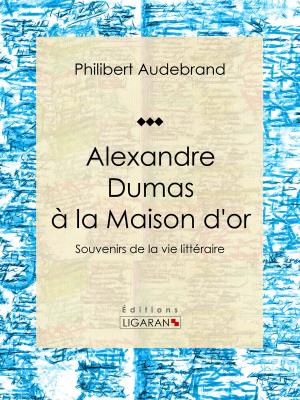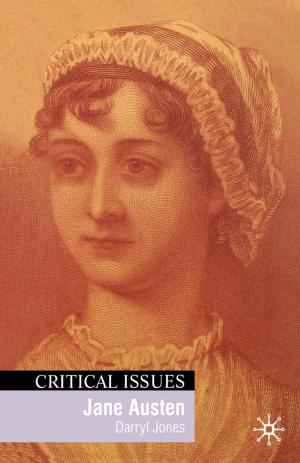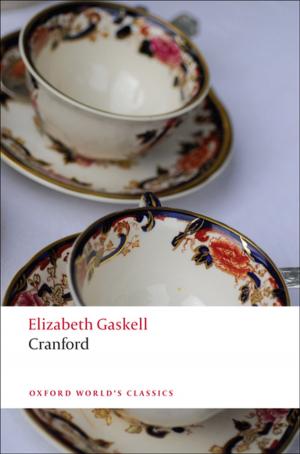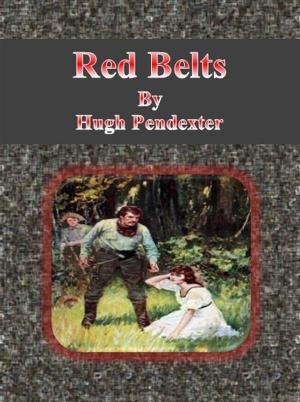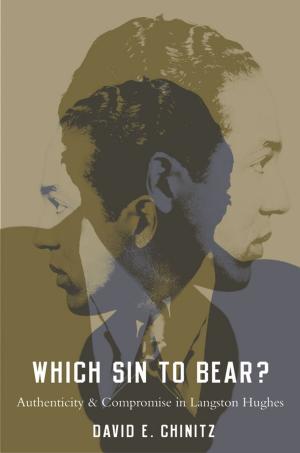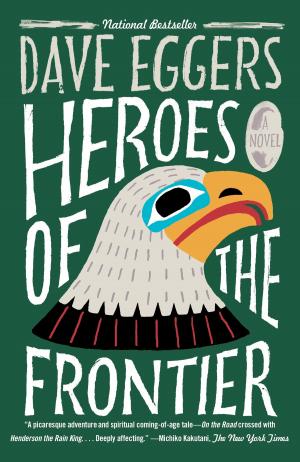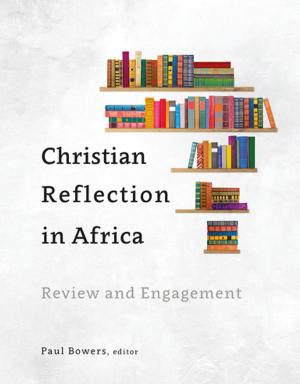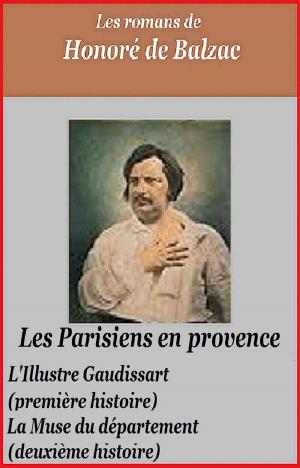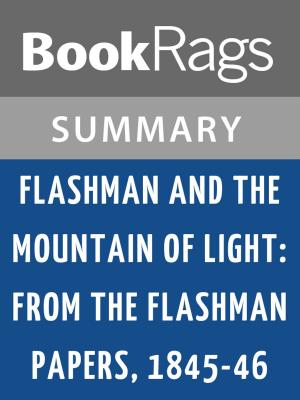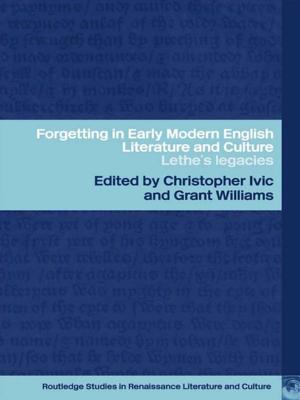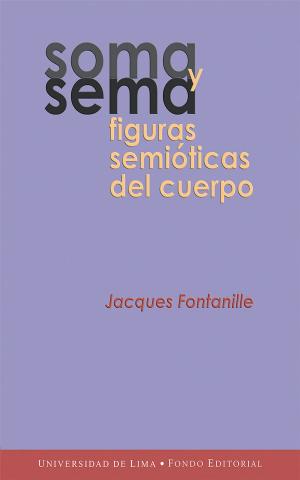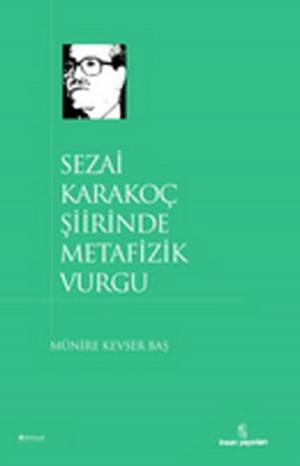| Author: | Blago Kirov | ISBN: | 9781502265234 |
| Publisher: | Icon-m | Publication: | December 1, 2014 |
| Imprint: | Language: | English |
| Author: | Blago Kirov |
| ISBN: | 9781502265234 |
| Publisher: | Icon-m |
| Publication: | December 1, 2014 |
| Imprint: | |
| Language: | English |
This book is about four great writers: Mark Twain, Oscar Wilde, Bernard Shaw and Pablo Neruda.
Samuel Langhorne Clemens (1835 – 1910),better known by his pen name Mark Twain, was an American author and humorist. He wrote The Adventures of Tom Sawyer (1876) and its sequel, Adventures of Huckleberry Finn (1885), the latter often called "the Great American Novel". Twain was born shortly after a visit by Halley's Comet, and he predicted that he would "go out with it", too. He died the day following the comet's subsequent return. He was lauded as the "greatest American humorist of his age",[5] and William Faulkner called Twain "the father of American literature".
Oscar Wilde (1854 – 1900) was an Irish writer and poet. After writing in different forms throughout the 1880s, he became one of London's most popular playwrights in the early 1890s. Today he is remembered for his epigrams, his novel The Picture of Dorian Gray, his plays, and the circumstances of his imprisonment and early death. He died penniless in Paris at the age of 46.
George Bernard Shaw (1856 –1950) was an Irish playwright and a co-founder of the London School of Economics. Although his first profitable writing was music and literary criticism, in which capacity he wrote many highly articulate pieces of journalism, his main talent was for drama, and he wrote more than 60 plays. He was also an essayist, novelist and short story writer. Nearly all his writings address prevailing social problems with a vein of comedy which makes their stark themes more palatable. Issues which engaged Shaw's attention included education, marriage, religion, government, health care, and class privilege.
Pablo Neruda was the pen name and, later, legal name of the Chilean poet-diplomat and politician Neftali Ricardo Reyes Basoalto (1904 – 1973). In 1971 Pablo Neruda won the Nobel Prize for Literature. Neruda became known as a poet while he was still a teenager. He wrote in a variety of styles, including surrealist poems, historical epics, overtly political manifestos, a prose autobiography, and erotically charged love poems such as the ones in his collection Twenty Love Poems and a Song of Despair (1924). He often wrote in green ink, which was his personal symbol for desire and hope.
This book is about four great writers: Mark Twain, Oscar Wilde, Bernard Shaw and Pablo Neruda.
Samuel Langhorne Clemens (1835 – 1910),better known by his pen name Mark Twain, was an American author and humorist. He wrote The Adventures of Tom Sawyer (1876) and its sequel, Adventures of Huckleberry Finn (1885), the latter often called "the Great American Novel". Twain was born shortly after a visit by Halley's Comet, and he predicted that he would "go out with it", too. He died the day following the comet's subsequent return. He was lauded as the "greatest American humorist of his age",[5] and William Faulkner called Twain "the father of American literature".
Oscar Wilde (1854 – 1900) was an Irish writer and poet. After writing in different forms throughout the 1880s, he became one of London's most popular playwrights in the early 1890s. Today he is remembered for his epigrams, his novel The Picture of Dorian Gray, his plays, and the circumstances of his imprisonment and early death. He died penniless in Paris at the age of 46.
George Bernard Shaw (1856 –1950) was an Irish playwright and a co-founder of the London School of Economics. Although his first profitable writing was music and literary criticism, in which capacity he wrote many highly articulate pieces of journalism, his main talent was for drama, and he wrote more than 60 plays. He was also an essayist, novelist and short story writer. Nearly all his writings address prevailing social problems with a vein of comedy which makes their stark themes more palatable. Issues which engaged Shaw's attention included education, marriage, religion, government, health care, and class privilege.
Pablo Neruda was the pen name and, later, legal name of the Chilean poet-diplomat and politician Neftali Ricardo Reyes Basoalto (1904 – 1973). In 1971 Pablo Neruda won the Nobel Prize for Literature. Neruda became known as a poet while he was still a teenager. He wrote in a variety of styles, including surrealist poems, historical epics, overtly political manifestos, a prose autobiography, and erotically charged love poems such as the ones in his collection Twenty Love Poems and a Song of Despair (1924). He often wrote in green ink, which was his personal symbol for desire and hope.
